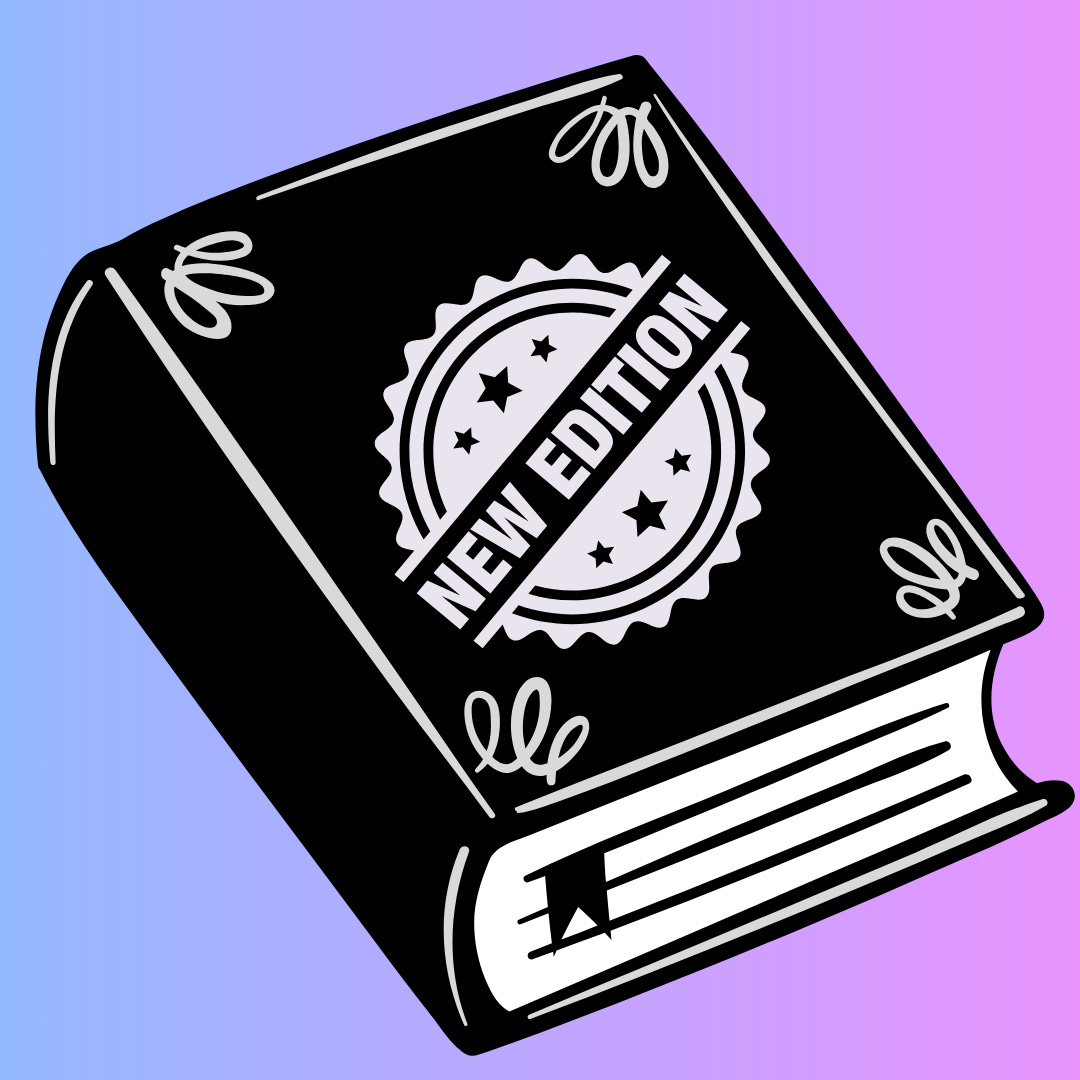Dear Writer,
Every year, several authors approach me about reprinting one of their books. Sometimes the press they originally published with has ceased operations or has granted them the rights back/taken the book out of print. Sometimes it’s because it’s a foreign book written in English that they want to publish in the USA.
When you make this kind of ask, you should understand the realities for a small press and what their priorities will be, so you can tailor your pitch to address common concerns.
First, if it isn’t clear if the press considers reprints, send a short email querying if they do accept pitches for reprints, and how those should be submitted. Do not send your manuscript at this point. Just the question. If the answer is yes, then proceed with your pitch, being sure to address the following subjects.
Rights
You must own the rights to the work you are trying to reprint. Read your original contract, and if you’re unsure if rights have been reverted to you, consult an attorney or the press itself, if you’re still able to do so. Indicate in your pitch whether or not you are certain you own the rights to your book. Sometimes you must buy these rights back or settle the legalities before a book can be reprinted.
Book Synopsis
Include the previous distribution summary of your book (the one that you see when you shop online for it). If you have your previous press release, include that as well.
History and Audience/Marketing
Many times, when I’ve considered reprinting a book, two concerns come to mind. First, that everyone who was going to buy the book already bought it when it came out the first time; and second, we have no idea how to market the book to people who haven’t read it. Solve these two problems for the editor, if possible.
Briefly explain the history of the book. When was the book published? What press published it? Why is it out of print? If you have data (royalty reports, sales reports, etc) on how the book did previously, include this in your pitch. If your book was published in a foreign country, is that publisher willing to cease selling copies in the US market in all formats?
Explain why you are sending the book to this particular publisher. Why do you think your book fits with their current list and publishing priorities?
In the end, the publisher is interested in selling books, so describe the audience for this book. What demographic is it aimed at? What kinds of readers have already purchased the book? What ideas do you have for reaching new readers?
Include a paragraph about your connections in the literary world and/or in the subject area that you address in the book. Include information on past readings, talks, conference panels, etc., and indicate what you are willing to do to promote the book if it is reprinted. If you don’t live in the US, this is often difficult, so explain exactly how that will happen if you’re in that situation. Also include your social media handles and website address.
Production Assets
Most small presses typeset their books using InDesign. If you have the original InDesign file from your former publisher, this makes things MUCH easier. At a minimum, you need to have a Word or PDF file to make it financially feasible in most cases. Tell the press what you have or what you’re willing to generate.
If you used copyrighted work in your book, you will need to reapply for permission to use it in the new edition. List the areas where copyrighted works are used and indicate your plans for gaining those rights. Most small presses will not pay expensive fees for these rights, so plan to pay for them yourself if you did not the first time around.
Do you have rights to the past cover design? To any interior illustrations, etc., created for the book? If not, say so. If you do, say so. It’s usually not a deal breaker either way.
Finally, it’s up to you whether or not you want to include the full manuscript. My personal preference is that unless the query is for a poetry collection, I would prefer to ask to see the manuscript if the query interested me enough to think reprinting was a viable option.
People who seek to reprint books often feel emotional about the experience, and I sympathize. It’s been difficult to see so many small presses struggle and fold, and in turn see their authors mourn their books now out of print. One thing to keep in mind when you are pitching a reprint is that your priorities and your publisher’s priorities have to overlap for things to work – and if the answer is no to a reprint, it doesn’t mean there was something wrong with the book. It just isn’t a fit for that press at that time, or it’s going to be too much of a financial risk for them to reprint it.
I’ve known several writers who, after pursuing reprinting and not getting any traction, decided to self-publish their reprints. This made them available for themselves to order and available online. If all else fails, that’s an option to consider – and a very good use of the self-publishing platform, in my opinion, as the book has already gone through a rigorous and thorough editing process.
With gratitude,
Kris

